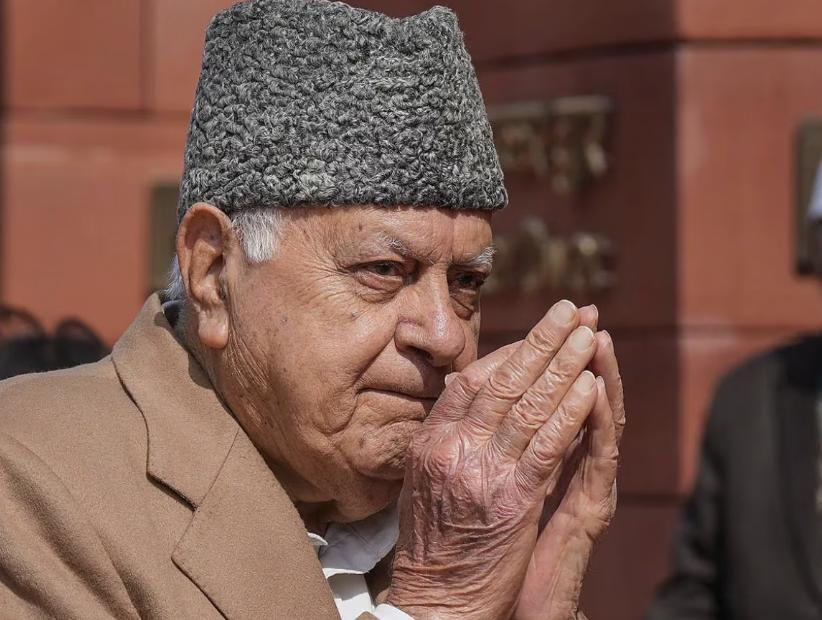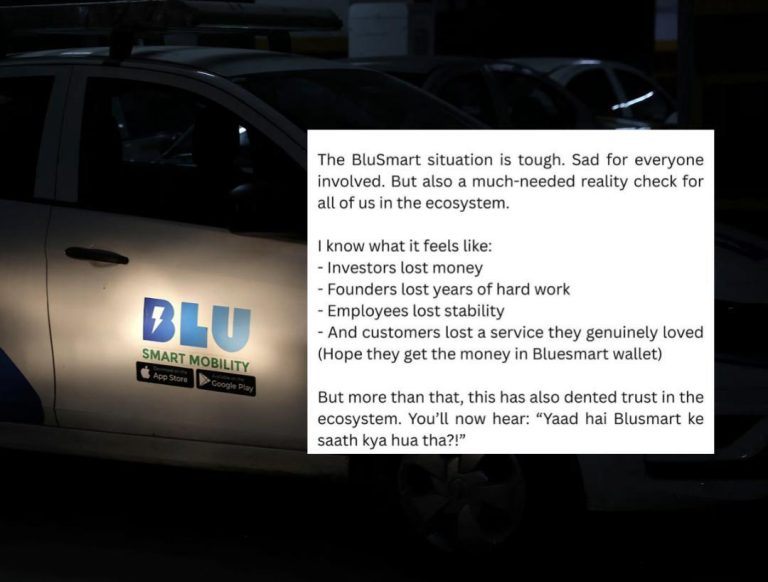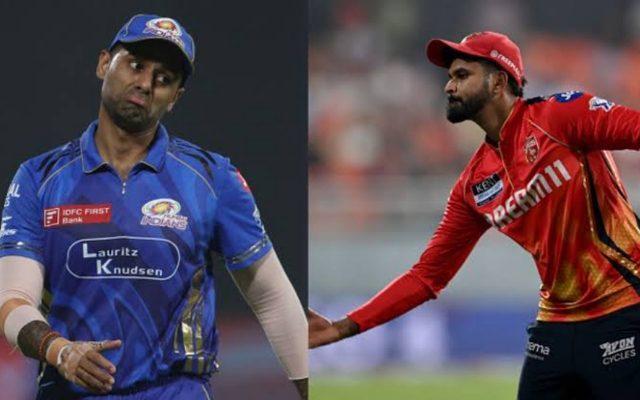
Ex-R&AW chief Dulat claims Farooq privately backed Article 370 abrogation, he denies
The abrogation of Article 370, which granted special status to Jammu and Kashmir, has been a contentious issue in India for a long time. The Bharatiya Janata Party (BJP)-led government at the Centre had been pushing for its revocation for years, and finally, in August 2019, it was done through a presidential order. However, the move was widely criticized by many, including political leaders from the state.
In his new book, ‘The Chief Minister and the Spy’, former Research and Analysis Wing (R&AW) chief A.S. Dulat has made some startling claims about the abrogation of Article 370. Dulat claims that former Jammu and Kashmir Chief Minister Farooq Abdullah privately backed the move to abrogate Article 370. However, Abdullah has denied these claims, calling them a “figment of imagination” of the author.
According to Dulat, Abdullah’s National Conference (NC) had suggested that the abrogation of Article 370 would have helped in passing the bill in the Rajya Sabha. Dulat writes in his book that he had a meeting with Abdullah around 2014, where Abdullah discussed the issue with him. Dulat claims that Abdullah told him that the NC would support the abrogation of Article 370 if it was done in a gradual manner.
However, Abdullah has denied these claims, saying that Dulat’s book is full of inaccuracies. In a statement, Abdullah said, “I would like to clarify that the entire episode is a figment of imagination of the author who claims to be my friend. I never had any such conversation with him, nor did I ever suggest any such thing.”
Abdullah’s denial comes as no surprise to many, as the move to abrogate Article 370 was widely opposed by the people of Jammu and Kashmir and many political leaders from the state. The move was seen as a betrayal of the people of the state, who had been living under the special status granted to them by the Constitution.
The abrogation of Article 370 was done through a presidential order, which bypassed the need for a parliamentary approval. The move was widely criticized by many, including opposition parties, who accused the government of violating the Constitution.
The government, however, defended its move, saying that it was necessary to integrate Jammu and Kashmir with the rest of the country and to bring in development and economic growth to the region.
The controversy surrounding the abrogation of Article 370 is not new. The BJP had been pushing for its revocation for years, and the party’s leaders had been making provocative statements about the issue.
In 2015, then-BJP President Amit Shah had said that the party would abrogate Article 370 if it came to power. Shah had said that the special status granted to Jammu and Kashmir was a “temporary provision” that had been exploited by the state’s political leaders to deny the people of the state the benefits of the Indian Constitution.
The controversy surrounding the abrogation of Article 370 has far-reaching implications for the people of Jammu and Kashmir. The move has been widely criticized by many, including human rights organizations, who say that it has led to a crackdown on civil liberties and a humanitarian crisis in the region.
The government, however, has defended its move, saying that it is necessary to maintain law and order in the region. The government has also said that it is working to bring in economic growth and development to the region, and that the abrogation of Article 370 is a necessary step towards achieving these goals.
In conclusion, the controversy surrounding the abrogation of Article 370 is complex and multifaceted. While the government has defended its move, many have criticized it, saying that it is a violation of the Constitution and a betrayal of the people of Jammu and Kashmir.
As the controversy surrounding the abrogation of Article 370 continues to unfold, it is clear that the issue is far from resolved. The government and the people of Jammu and Kashmir will have to work together to find a solution that is fair and just for all.
News Source: https://repository.inshorts.com/articles/en/PTI/5880e3bf-0a05-40d6-887a-465b5c760b3a






